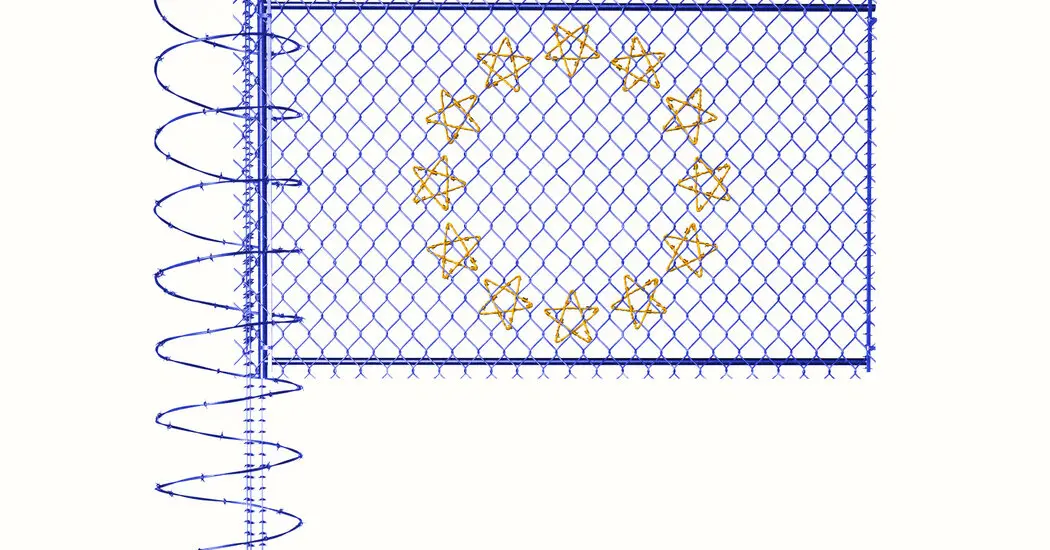“You can no longer rely on saying, ‘This is evil, because look what happened in the fascist past,’” said Nathalie Tocci, a leading Italian political scientist. “You have to have an argument for why those ideas are bad today.”
Most important line in there. The answer to it is fascist incompetence. By reducing modern flexibility and freedom in favor of more rigid, ideologically-based control, authoritarian states are fundamentally less competent and competitive than free societies. Their hierarchical, top-down approaches, devoid of trust, deprive lower ranking individuals the flexibility necessary to adapt to the specific conditions in their immediate environment. Their ideological constraints run counter to the freedom to ask hard questions and come up with new ideas that may be necessary in a world of changing situations.
There is a reason that the one single thing they are supposed to be best at–warfare–ends up being a litany of repeated failures with few exceptions. Look no further than Russia, where a large and supposedly mighty country has catastrophically failed to defeat a much smaller, less populous neighbor despite throwing an immense amount of force at it.
An additional argument is how fascist selfishness tends to preclude genuine cooperation, and replaces it with distrust and a competitive desire for each individual fascist leader to want to be the one on top.
A third is that without a democratic system, there is no way to reliably combat corruption. Fascism relies on blind faith, a simple-minded trust that the top dog will try to do what is best for the country, instead of simply using the resources of the country to stamp out internal competition and secure their position, to the detriment of the populace.

